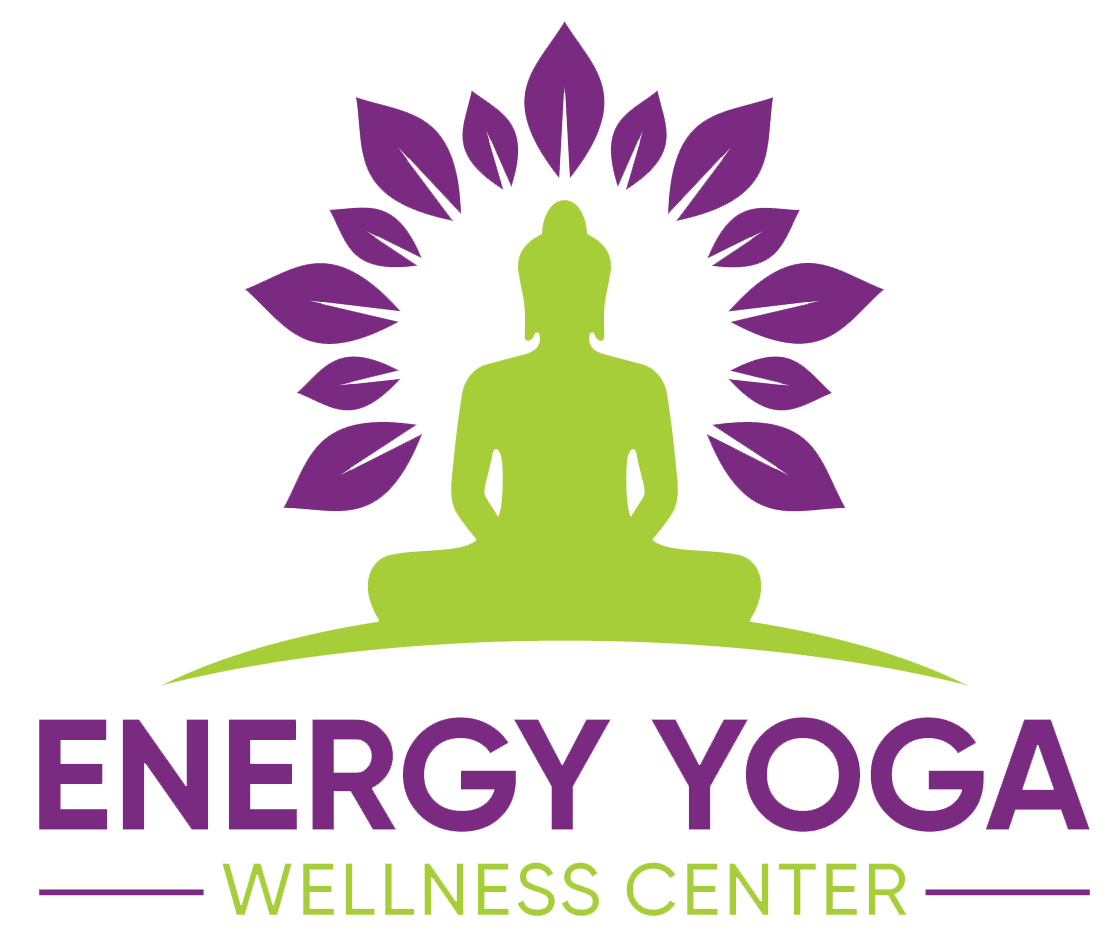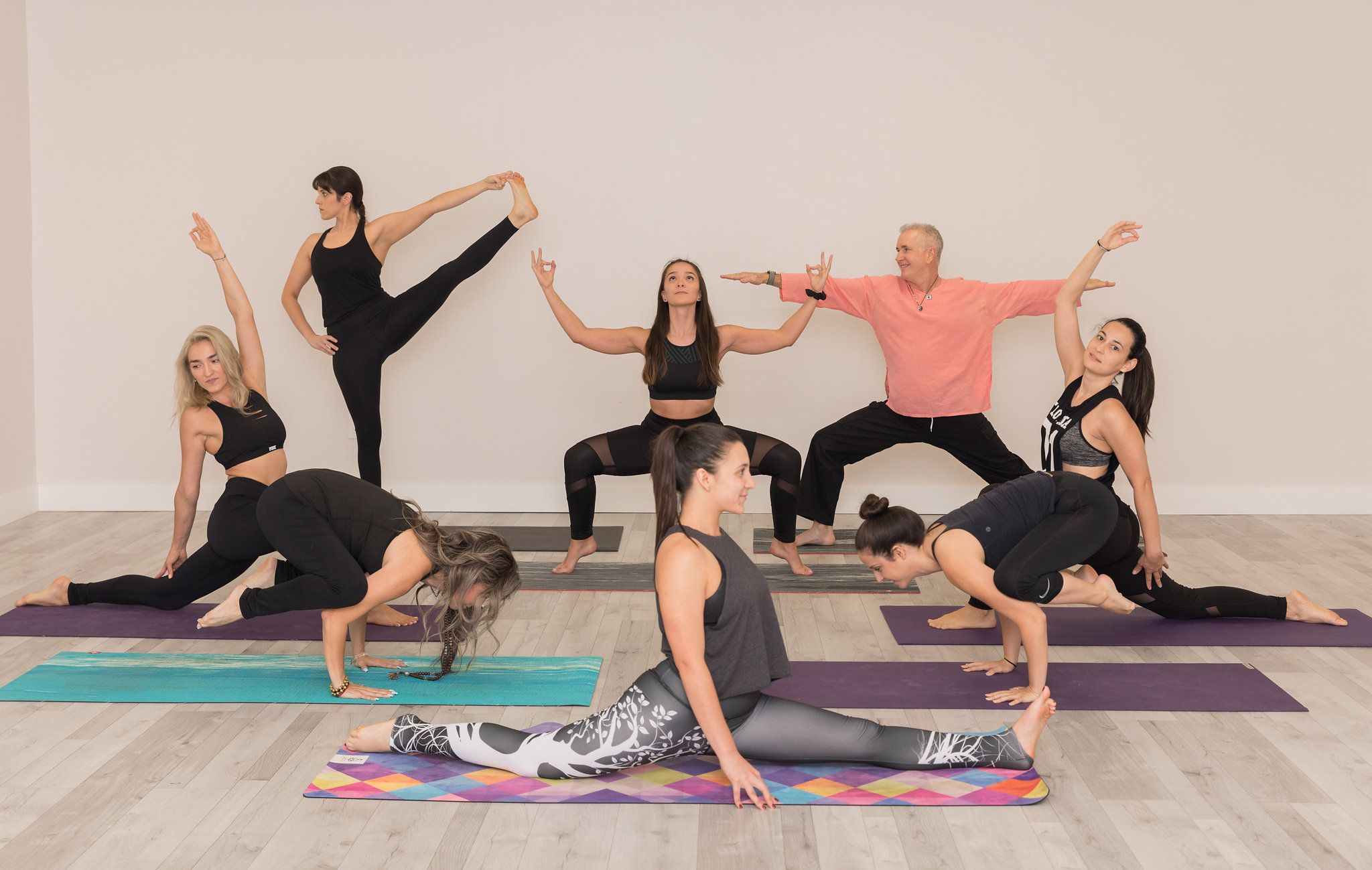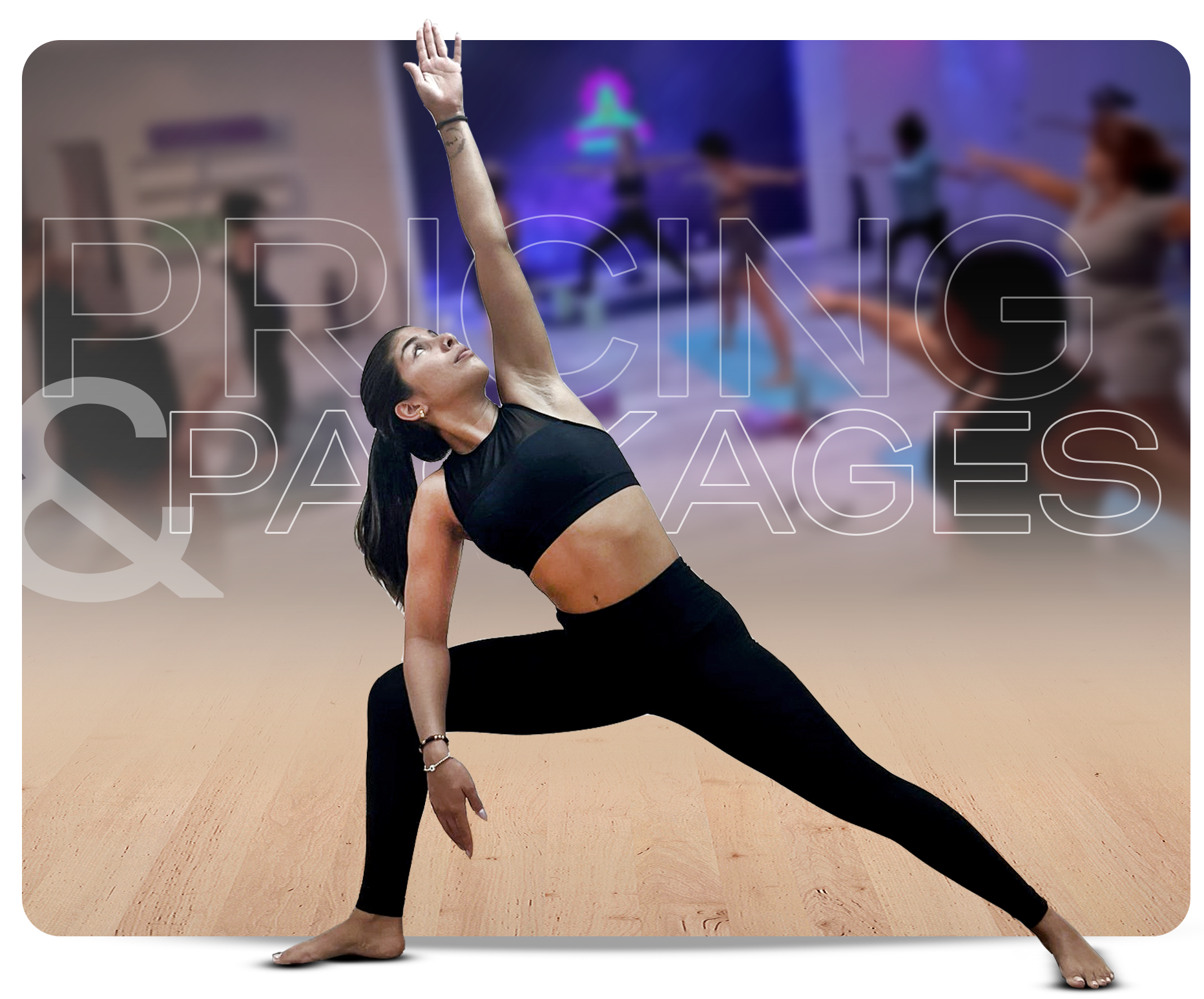WEEK 28.1 (JULY 12-JULY 18) – MAKE YOURSELF A PRIORITY
Title: Nurturing Ourselves: Self-Care in Buddhist Practice
Introduction: Namaste, everyone. Today, we explore the essence of self-care through the wisdom of Buddhism.
Understanding Self-Care in Buddhism: In Buddhism, mindfulness (sati) and awareness (sampajañña) are foundational for self-care. They guide us to tend to our inner landscape with compassion and clarity.
The Importance of Self-Compassion: Central to Buddhist teachings is self-compassion (maitri). It’s about extending the same kindness to ourselves that we naturally offer to others.
Example: Imagine yourself as a caretaker of a grand, ancient oil lamp. This lamp has the potential to illuminate a vast space, bringing warmth and clarity to all who gather around it. To ensure its brilliance, you diligently pour pure, nourishing oil into the lamp each day. This act not only fuels the lamp’s radiant flame but also disperses shadows and darkness, filling the room with a soothing glow.
Similarly, self-care is like replenishing the oil in our inner lamp. When we prioritize our well-being—nurturing our body, mind, and spirit—we replenish our inner reservoir of energy and compassion. This inner light then shines brightly, illuminating our interactions and relationships with others. Through self-care, we not only enhance our own well-being but also create a luminous atmosphere that nurtures and uplifts those around us, dispelling the shadows of doubt and negativity.
Balancing Effort and Rest: Right effort (samma vayama) teaches us the art of balance—knowing when to exert ourselves and when to rest, ensuring sustainable well-being.
Example – The Bamboo and the Willow Tree:
“Imagine a bamboo and a willow tree standing side by side. The bamboo grows tall and strong, always reaching for the sky, symbolizing our efforts and ambitions. It pushes itself upward, striving to reach its full potential. But without rest, even the resilient bamboo can break under pressure.
Beside it, the willow tree gracefully bends and sways with the wind. It knows the importance of yielding and resting, conserving its strength to withstand the storms. The willow’s flexibility allows it to endure and thrive, embodying the essence of rest and rejuvenation.
In our journey of self-care, we must learn from both the bamboo and the willow. Right effort (samma vayama) teaches us this balance—when to exert ourselves with determination and when to rest and renew. Just as the bamboo and the willow find harmony in their existence, we too must find our own balance between effort and rest to ensure sustainable well-being.”
Cultivating Inner Peace: Through meditation (bhavana), we nurture inner peace. It’s a powerful tool for self-care, allowing us to find stillness amidst life’s challenges.
Example – The Calm Lake:
“Imagine a lake nestled in the heart of a forest. On some days, the surface of the lake is disturbed by strong winds, causing waves and ripples that distort its reflection. This represents the challenges and turmoil we face in our daily lives, which can unsettle our inner peace.
But beneath the surface, the lake remains calm and still. When the wind dies down and the surface settles, the lake returns to its natural state of tranquility, perfectly reflecting the sky and the trees around it. This stillness is the true nature of the lake, just as inner peace is our true nature.
Through meditation (bhavana), we become like the lake. We learn to calm the surface of our minds, allowing the ripples of stress and worry to dissipate. By nurturing this inner stillness, we find that we can reflect the beauty and harmony of life more clearly, no matter the external circumstances. Meditation is the powerful tool that helps us return to this state of peace, providing us with the self-care needed to navigate life’s challenges with a calm and steady heart.”
Healthy Relationships with Others: When we care for ourselves, we naturally enhance our capacity to care for others. This interconnectedness (paticca samuppada) underscores the importance of self-care as a practice of love and service.
Example:
Imagine a musical ensemble preparing for a performance. Each musician tunes their instrument meticulously before they begin playing together. The sound of the ensemble depends not only on the skill of each musician but also on the quality of their individual tuning. When each musician cares for their instrument and ensures it is finely tuned, the collective harmony and beauty of the music are elevated.
Similarly, in our relationships with others, each individual acts like a musician tuning their instrument. When we prioritize self-care and cultivate inner harmony, we fine-tune ourselves. This self-care enhances our ability to interact with others authentically, compassionately, and effectively. The quality of our interactions, like the music from a well-tuned ensemble, reflects the care and attention we give to ourselves. Thus, by nurturing ourselves, we contribute positively to the interconnected web of relationships around us, fostering a harmonious and supportive community.
Practical Applications in Daily Life: Simple practices like mindful walking (kayagata-sati) or eating (samudaya-karana) can transform our daily routines into opportunities for self-nourishment and renewal.
Conclusion: Let’s integrate these teachings into our lives, nurturing ourselves with mindfulness, compassion (karuna), and balance. As we care for ourselves, we create a ripple effect of well-being in our communities.
“Learn to make yourself a priority. We can’t be all things to all people because we are everything to ourselves and the people we truly love. There will be plenty of other opportunities to spend your energy, but there will only ever be one you. A tree that does not get enough water and sunshine can not produce healthy fruit.” – David Scott
Realize self-care is a necessity, not a luxury.
Block time for yourself and put it on the calendar.
Make self-care part of your daily routine.
Value your physical health.
Set boundaries.
“Become the person you are searching to meet.”
“If you want to have enough to give to others, you will need to take care of yourself first. A tree that refuses water and sunlight for itself can’t bear fruit for others.” – Emily Maroutian
“When you care for yourself first, the world will also find you worthy of care.” ― Haemin Sunim
“You, yourself, as much as anybody in the entire universe, deserve your love and affection.” – Buddha
“You have been criticizing yourself for years now, and how has that worked for you? Try approving and loving yourself and see what happens.” – David Scott
“There is enough time for self-care. There is not enough time to make up for the life you’ll miss by not filling yourself up first.”
“Love yourself enough to set boundaries. Your time and energy are precious. You get to choose how you use it. You teach people how to treat you by deciding what you will and won’t accept.” – Anna Taylor
“Almost everything will work again if you unplug it for a few minutes, including you.” – Anne Lamott
“When I loved myself enough, I began leaving whatever wasn’t healthy. This meant people, jobs, my own beliefs and habits – anything that kept me small. My judgment called it disloyal. Now I see it as self-loving.” – Kim McMillen
Little Things Can Make a Difference
There was a man taking a morning walk at or the beach. He saw that along with the morning tide came hundreds of starfish and when the tide receded, they were left behind and with the morning sun rays, they would die. The tide was fresh and the starfish were alive. The man took a few steps, picked one and threw it into the water. He did that repeatedly. Right behind him there was another person who couldn’t understand what this man was doing. He caught up with him and asked, “What are you doing? There are hundreds of starfish. How many can you help? What difference does it make?” This man did not reply, took two more steps, picked up another one, threw it into the water, and said, “It makes a difference to this one.
“We cannot all do great things. But we can do small things with great love.” ~ Mother Teresa
“Practice is about patience, control, and breath. Enjoy the moments when it clicks and also the moments when everything unravels — they are both phenomenal teachers.” ~ Kathryn Budig
“There is no need to be perfect to inspire others. Let people get inspired by how you deal with your imperfections.” – Kathryn Budig
“You became who you needed to become to survive, but now it’s time to become who you need to be so you can thrive in life. Change is coming… it is time to embrace it.”
“In meditation and in our daily lives there are three qualities that we can nurture, cultivate, and bring out. We already possess these, but they can be ripened: precision, gentleness, and the ability to let go.” – Pema Chodron
“Yoga is about clearing away whatever is in us that prevents our living in the most full and whole way. With yoga, we become aware of how and where we are restricted — in body, mind, and heart — and how gradually to open and release these blockages. As these blockages are cleared, our energy is freed. We start to feel more harmonious, more at one with ourselves. Our lives begin to flow — or we begin to flow more in our lives.” – Cybele Tomlinson
“Peace is the result of retraining your mind to process life as it is, rather than as you think is should be.”
“Sometimes you just have to turn the page to realize there’s more to your book of life than the page you’re stuck on. Stop being afraid to move on. Close this chapter of hurt, and never re-read it. It’s time to get what your life deserves, and move on from the things that don’t deserve you. Don’t try to fix what’s been broken in your past, let your future create something better..” – Trent Shelton
When you are looking in the mirror, you are looking at the problem. But, remember, you are also looking at the solution.
“No one ever says, ‘I wish I hadn’t done Yoga today…'” Unknown
“Yoga uses the body to discipline the mind and to reach the soul.” ~ BKs Iyengar
Yoga teaches us to cure what need not be endured and endure what cannot be cured. ~ B.K.S. Iyengar
“A teacher is never a giver of truth; he is a guide, a pointer to the truth that each student must find for himself.” ~ Bruce Lee
“The goal of yoga and meditation is not to control your thoughts, but to stop them from controlling you.”
“The most terrible poverty is loneliness, and the feeling of being unloved.” – Mother Teresa
When you are evolving to your higher self, the road is long and lonesome, but you’re simply shedding energies that no longer match the frequency of your destiny. The hardest walk is walking alone, but it’s also the walk that makes you the strongest.”
“A meaningful silence is always better than meaningless words.”
“Not everyone you lose in life is a loss. Sometimes in order to find peace, you have to let go of the connection with the people, places, and things that create drama in your life but do not make you stronger.”
“People know your name, not your story. They’ve heard what you’ve done, but not what you’ve been through. So take their opinions of you with a grain of salt. In the end, it’s not what others think, it’s what you think about yourself that counts. Sometimes you have to do exactly what’s best for you and your life, not what’s best for everyone else.”
“The ones who notice the storms in your eyes, the silence in your voice and the heaviness in your heart are the ones you need to let in.”
“Life is so much simpler, when you stop trying to explain yourself to others and just live your own life.”
“To get over the past you first have to accept that the past is over. No matter how many times you revisit it, analyze it, sweat it, or regret it, it’s over. The past can hurt you no more.” ~Mandy Hale
Don’t try to change the world; just change yourself. Why? Because the whole world is only relative to the eyes that are looking at it. Your world actually only exists for as long as you exist and with the death of you, includes the death of your world. Therefore, if there is no peace in your heart; you will find no peace in this world, if there is no happiness in your life; you will find no happiness anywhere around you, if you have no love in your heart; you will not find love anywhere and if you do not fly around freely inside your own soul like a bird with perfectly formed wings; then there will never be any freedom for you regardless if you are on a mountaintop removed from all attachments to all of mankind! Even the mountaintop cannot give you freedom if it is not already flying around there inside your own soul! So I say, change yourself. Not the world.” – JoyBell C
“When you love yourself and glow from the inside, you attract people who love, respect, and appreciate your energy. You radiate from within first. Everything starts with how you feel about yourself. Feel worthy. Feel valuable. Feel deserving of receiving the best. It will happen.” – Idil Ahmed
“You were someone special before you met them. And you will continue being one even after they’ve left you.” – Mitta Xinindlu
“When people around you do not support your personal growth and reinvention, it doesn’t mean you are on the wrong path or that you have to listen to them. Just because someone continues to judge you from where you were doesn’t mean you have to stay there.” – Susan C. Young
“Redefining moments offer us the opportunity to perpetually re-invent ourselves, and as long as we occupy a human body, these opportunities will continue to present themselves. You were born to be you, to unfold the truth of who you are. The same is true for everyone else. Every moment has the potential to be a redefining moment when we utilize the opportunity to look more deeply into the mystery of the true Self and learn how to actualize Its qualities in our daily lives. The goal is to increase our awareness that, irrespective of where we are or what we are doing, there stands before us a door in every present moment that, when consciously opened, invites us to step into a deeper knowing of who we truly are. In other words, every encounter (chance or otherwise), event, or circumstance, be it good or bad, right or wrong, happy or sad, is a portal to a redefining moment and who we will choose to be in that situation. The question to consider is, will we be consciously present enough in the moment to recognize the opening when it occurs and step through the door, or will our mind be too full of distractions?” – Dennis Merritt Jones


